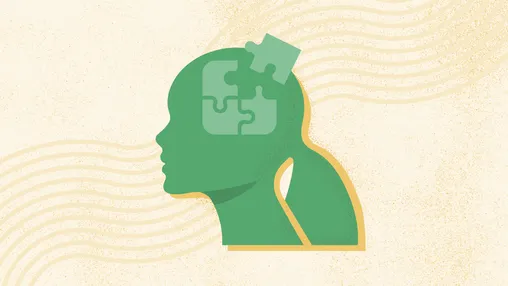A simple hand test has shown promising potential in identifying autism in children, according to recent research, the Sun reports.
The test, which takes only two minutes, observes how a person uses their fingers to grasp an object. Scientists believe this quick assessment could offer a more accessible and efficient way to spot signs of autism in both children and adults.
Researchers, including Professor Erez Freud from York University, tracked the hand movements of individuals with autism and compared them with those of non-autistic people. The study involved participants of similar IQ levels who were asked to pick up blocks of different sizes and place them back. Using artificial intelligence to analyze the movements, the scientists found noticeable differences in how the two groups interacted with the blocks.
The results showed that non-autistic individuals adjusted their grip more precisely to match the size of the block, while individuals with autism took slightly longer to complete the task. The researchers identified consistent markers in the hand movements of autistic individuals, with the method proving to be 85 percent accurate in detecting autism.
Autism, a neurodevelopmental condition, can affect communication, social interactions, and motor skills. People with autism may struggle to understand social cues, engage in two-way conversations, or handle certain sensory stimuli like loud noises or routine changes. It can also impact fine motor control, making tasks such as writing or picking up small objects more difficult.
The researchers hope that their findings will lead to quicker and simpler diagnostic tools, which could help overcome challenges in diagnosing autism. Currently, autism diagnoses often face long waiting times, with recent NHS figures from December 2023 showing a significant rise in the number of people awaiting assessments.
Professor Freud emphasized that this research adds to the growing body of evidence suggesting that subtle motor patterns, like hand movements, could offer valuable diagnostic clues. Such insights could potentially revolutionize clinical practices and help provide timely, accessible diagnoses for those affected by autism.
The hand test could also prove helpful for parents who may notice early signs of autism in their children. These signs can vary from difficulties in speech development, such as speaking in a monotonous or repetitive tone, to challenges with social interactions, such as limited eye contact or a lack of interest in peer relationships.
In addition to speech and social difficulties, children with autism may exhibit repetitive behaviors, such as hand-flapping or rocking back and forth, and may show unusual sensory preferences, such as strong likes or dislikes for specific foods based on texture or color.










The latest news in your social feeds
Subscribe to our social media platforms to stay tuned